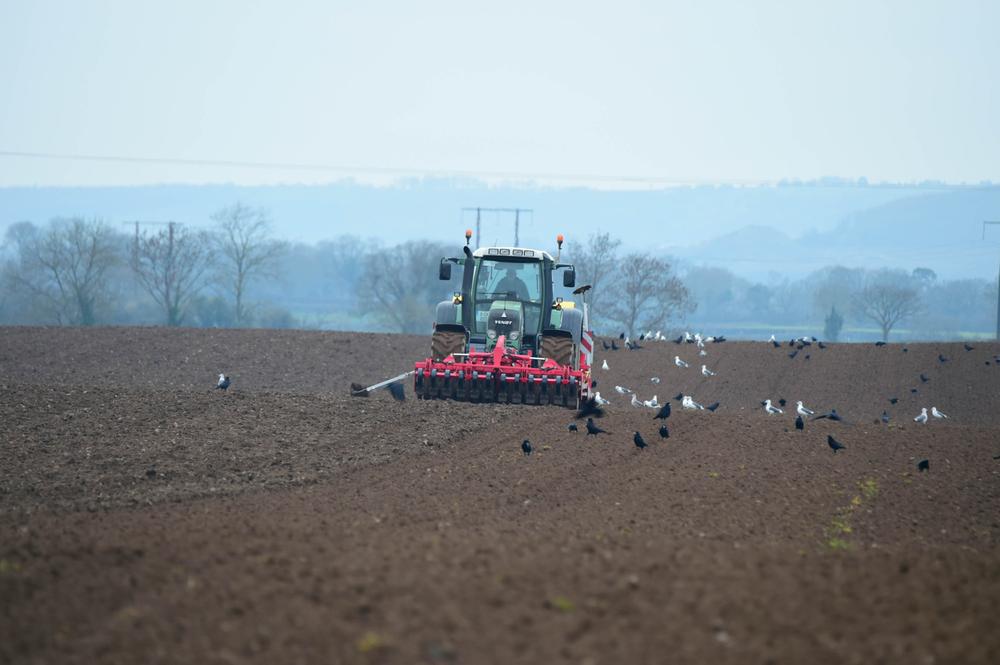PJ Phelan, Tillage Advisor & regular contributor to the Farming Independent on why he believes the European Commission's 'Farm to Fork (F2F)' could put Irsh tillage farming out of businesss.
All sectors of farming are facing ever increasing challenges and uncertainty.
Financial viability lies in balancing risk with investment cost and anticipated returns.
Farmers are the primary food producers for a market which is being bombarded with a vast array of information based on science-proven facts but much of this information is being misinterpreted.
There is no denying that climate change is taking place and that agricultural practices have a significant input.
There is no denying that food that we eat has a major impact on our health.
There is no denying that the food we produce is subjected to a vast range of processes before it reaches our tables.
Many of those processes result in a product that cannot be readily identified with what was produced on our farms.
But we still do a very good job in producing the raw material for food processors and in doing so are subjected to a vast range European standards which we are obliged to meet before we can sell anything.
At EU level we have a major and expensive hierarchy of scientists and administrators who insure that our standards are the highest in the world.
Farmers are proud of those standards but are increasingly annoyed that those standards are being ignored when it comes to food imports from outside of Europe.
It is high time that the lobbyists who are pressuring for bans on agrochemicals approved by the European Food Safety Authority concentrated instead on what is replacing the food that we do not produce.
The Irish cereal sector has taken a serious hit in recent years with a reduction in area sown of almost 20pc.
A total cereal area of 306,000ha in 2014 is predicted to drop to 248,000ha in 2019.
While winter barley increased in that period from 60,000ha to 75,000ha, the area of spring barley has dropped from 156,000ha to a predicted 90,000ha for 2019. That will have some impact on the straw supply.
All that has come during a time of a well exceeded planned expansion of the dairy herd and with no plan for an expansion of EU standard concentrate (cereal) production.
The tillage sector is continuing to lose land to dairy production - we simply cannot compete with the uneconomic prices (even for the dairy farmer) being paid for land.
Land availability is also being pressured by young farmers trying to gain a foothold.
The National Reserve and Young Farmers Scheme, designed to give them financial assistance has inflated land prices both for established farmers and on the young farmer trying to get started.
Over the past few years many tillage farmers have lost land that they had been working for the previous 10-40 years to dairy farmers and new entrants.
Unfortunately, some of the new entrants have dropped out after finding that the inflated prices they were paying for land left them with little profit or worse still a loss.
All of the young farmers I am dealing with have either a substantial home farm to back them up or are forced to take up off-farm employment.
With very few of our established farmers able survive present market prices without their direct payments being used for land rental, our young farmers cannot expect to do better.
There is no denying that we need to get more young people into farming, but not at the cost of increasing land prices for them and existing farmers who are already producing high quality food.
Read Full article in the Farming Independent - Click here
PJ Phelan is a tillage advisor based in Tipperary and is a member of the ACA and ITCA.


